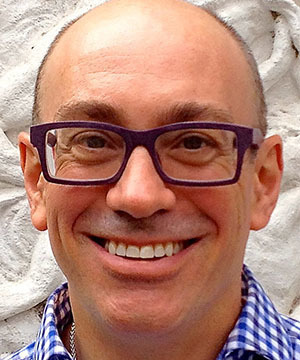Summary

Popular talk and scholarly reflections on how to live a moral life often offer thin accounts of human moral agency in community. For example, moral theories using the concept of “altruism” presume a view of the self as egoistic, individualistic, and atomistic. In this talk, Spezio suggests new ways of approaching the science of the moral life within a deeply interdisciplinary engagement of real-world relationships and action. Close listening to and with communities with a longstanding commitment to love, compassion, and care, forms a phenomenal turn within the science of the moral life. Insights arising from this turn include a new awareness of the importance of grace informing morally dedicated communities. Grace grounds the acts and intentions of empathy, compassion, and justice, as well as daily contemplative practices (e.g., prayer and ritual) in these communities. Collaborative work with these communities suggests new ways of understanding grace, character, and hope, along with new models of self-formation that expand our vision of the self beyond utility maximization and self-determination and toward becoming a self for others.
Speaker
Michael Spezio is Associate Professor of Psychology & Neuroscience and head of the Laboratory for Inquiry into Valuation and Emotion (LIVE) at Scripps College in Claremont, CA. He is also a Visiting Researcher with the Valuation in the Human Brain Group at the Institute for Systems Neuroscience of the University Medical Center in Hamburg-Eppendorf, Germany. Spezio works in the areas of social, affective, and decision-valuation neuroscience and has published articles in Proceedings of the National Academy of Sciences, the Journal of Neuroscience, the Oxford journal Social, Cognitive, and Affective Neuroscience, and Neuropsychologia. In addition to experimental work, his interdisciplinary interests include philosophy of mind, moral philosophy and ethics, religious studies, and theology. He co-edited both the Routledge Companion to Religion and Science (2012) and Theology and the Science of Moral Action: Virtue Ethics, Exemplarity, and Cognitive Neuroscience (Routledge, 2012). He also co-edits the journal Philosophy, Theology, and the Sciences (Mohr Siebeck). He is an ordained minister of Word and Sacrament in the Presbyterian Church (USA), and he seeks to integrate neuroscience, contemplation, and wisdom traditions as a Senior Research Fellow with the Mind and Life Institute in Charlottesville, VA and through his participation in The New Dialogues at Snowmass on the Future of Religion and (Inter)Spirituality. He has served on the Advisory Board of the John Templeton Foundation and is currently on the international Advisory Board of the Center for Theology, Science, and Human Flourishing.
Respondents
Responses will be given by Mark Fox, Indiana University School of Medicine, and William Mattison, University of Notre Dame.
Free and open to the public. Reception following.
This lecture is made possible by the Templeton Religion Trust and the Henkels Lecture Fund, Institute for Scholarship in the Liberal Arts, College of Arts and Letters, University of Notre Dame.
Originally published at ctshf.nd.edu.